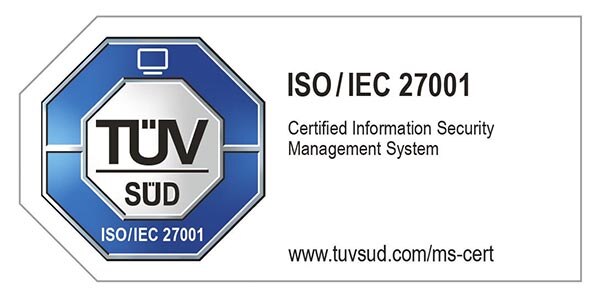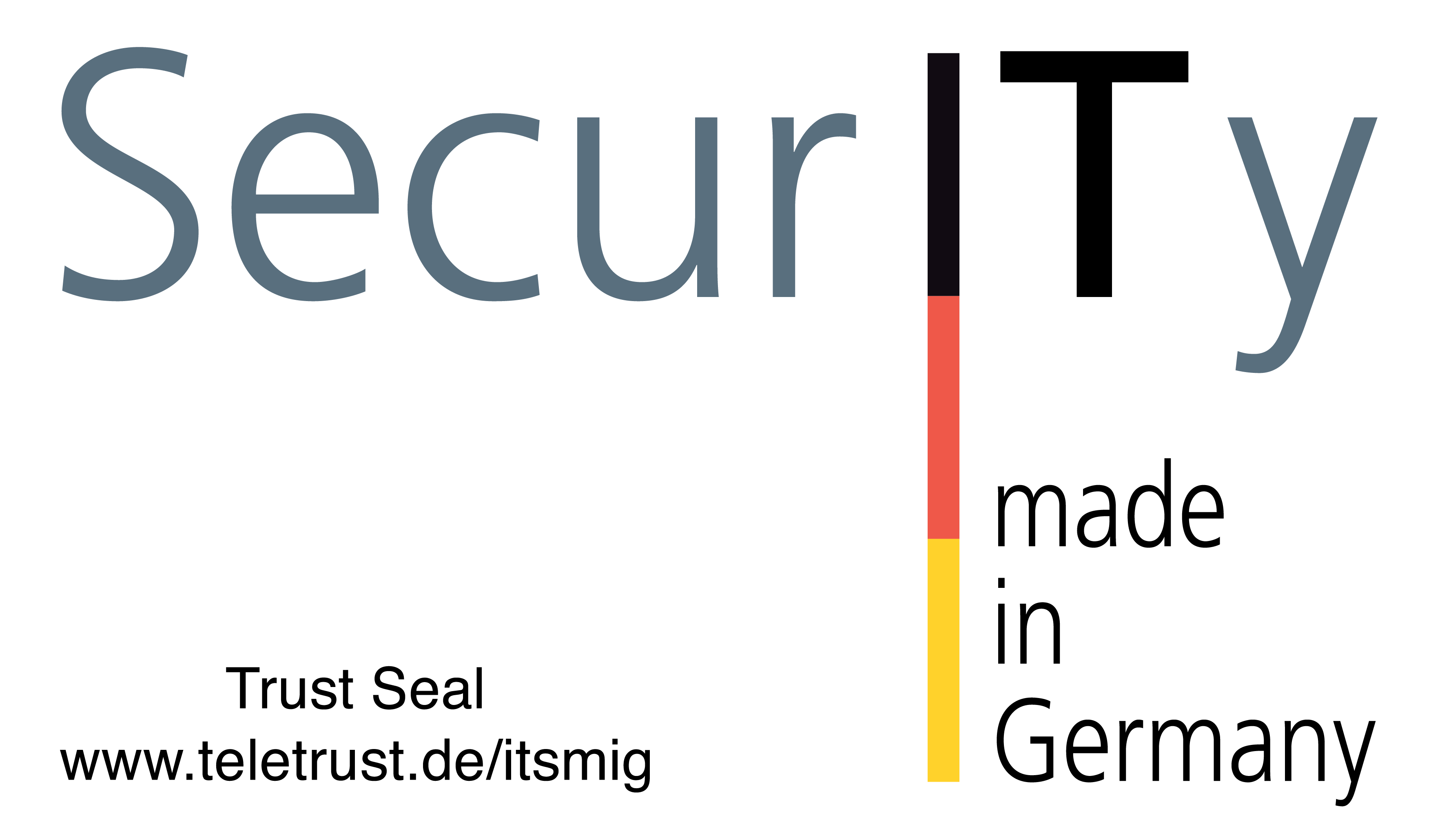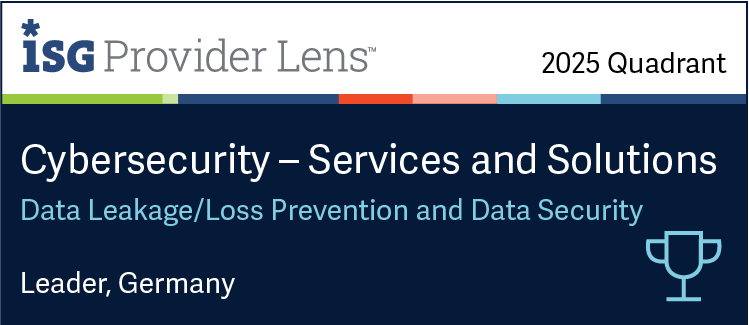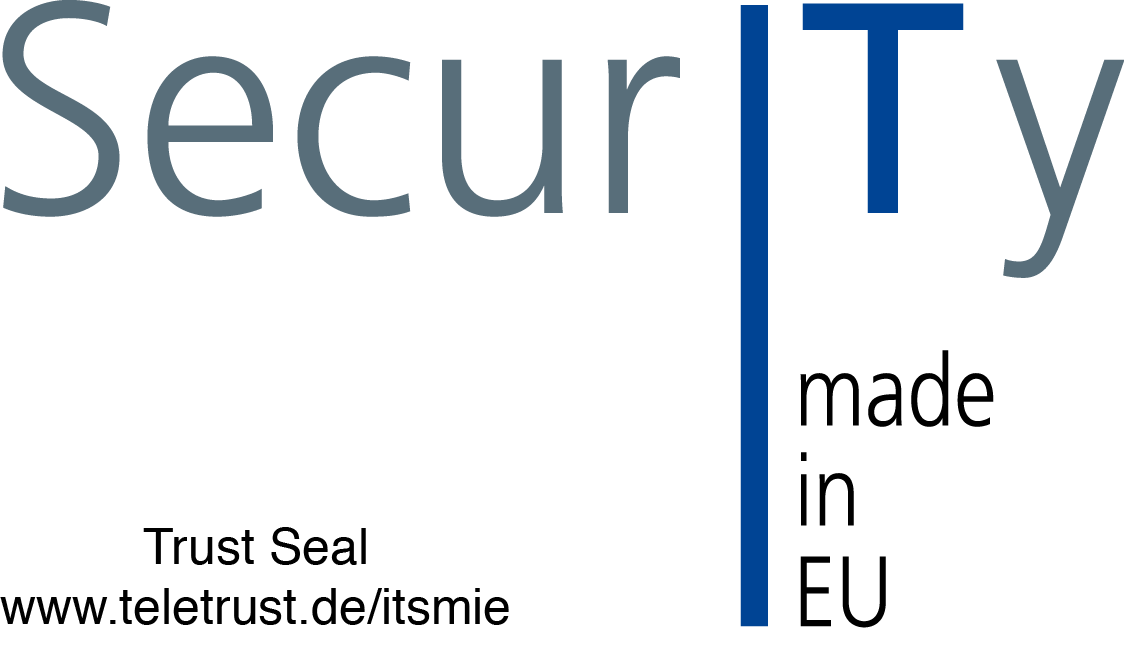DORA
The Digital Operational Resilience Act (DORA) is an EU legal framework designed to improve the cyber security and resilience of financial institutions and their critical service providers.
You must be fully NIS2 compliant in:
00
days
00
hours
00
minutes
00
seconds
Who is affected?
- Credit and payment institutions
- Electronic money institutions
- Investment firms
- Trading venues
- Alternative investment fund managers
- Management companies
- Insurance and reinsurance companies
- Institutions for occupational retirement provision
- rating agencies
- ICT third-party service providers
As the January 2025 deadline approaches and the standards are finalized, the enforcement tasks will shift to the "competent authorities", i.e. the regulatory bodies elected by the individual EU Member States.

What is DORA?
DORA, the Digital Operational Resilience Act, is a regulation introduced by the European Union in 2022 to strengthen the ability of financial firms and key third-party providers to deal with cyber threats. It mandates the implementation of comprehensive cybersecurity protocols to minimize risk and ensure rapid recovery from cyber incidents.
As part of the wider EU initiative, DORA plays a crucial role in securing critical financial systems and preventing operational failures due to cyber-attacks.
What does DORA include?
DORA introduces a holistic framework for effective risk management, ICT and cyber security functions, incident handling and reporting and third party management, ensuring consistent service delivery across the entire value chain.
Five core topics play a special role here: ICT risk management, ICT incident management, digital resilience testing, third-party management and information sharing.
Objectives of DORA
DORA was developed to strengthen the digital resilience of companies in the financial sector and ensure that they are able to deal with IT-related disruptions and cyber threats.
Strengthening digital resilience
Financial institutions should implement robust IT systems and processes in order to avoid or quickly overcome operational disruptions.
Uniform regulation
Introduction of a uniform framework in the EU that affects all players in the financial sector equally.
Managing cyber risks
Institutions should develop effective systems and procedures to detect, manage and respond to cyber threats.
5 Key requirements of DORA
The Digital Operational Resilience Act (DORA) sets out clear requirements for financial institutions to strengthen their resilience to digital threats. Five key requirements that companies must take into account when implementing the DORA regulations are highlighted below.
-
IT risk management
Financial institutions must assess risks in their IT infrastructure and establish suitable control mechanisms.
-
Testing the digital resistance
Regular testing of IT systems to identify and eliminate weaknesses.
-
Reporting cyber incidents
Obligation to report serious IT and cyber incidents to the competent authorities.
-
Risk management with third-party providers
Financial institutions must ensure that their IT service providers (e.g. cloud providers) also meet the requirements of DORA.
-
Incident response and recovery
Companies need to develop and test plans for responding to and recovering from IT incidents.
Why is DORA important for cyber security?
A single security breach can result in significant financial loss, reputational damage and, in severe cases, systemic risk to the entire financial sector. DORA addresses these challenges by standardizing cybersecurity practices and mandating a minimum level of operational resilience.
DORA mandates high standards for all financial institutions, including cybersecurity protocols, data governance and risk management practices.
Many financial institutions rely on third-party providers for critical operations. DORA requires a rigorous assessment of these providers to ensure they meet security standards.
By mandating prompt and structured reporting of cybersecurity incidents, DORA improves transparency and accountability, enables faster response times and minimizes potential damage.
Comparison with other regulations
The parallels and overlaps are shown below:
Select a set of rules:
- ISO 27001 Annex A
- NIS2 (Art. 21)
- CMMC(SecurityDomains)
- DORA (own requirements)
SIMILARITY WITH DORA
DORA is similar to Annex A in that it defines specific security controls. Both require holistic risk management and IT resilience measures.
FOCAL POINTS AND REQUIREMENTS
Control groups: Risk management, access control, cryptography, operational security, supplier relationships. Focus on the implementation of an Information Security Management System (ISMS) to continuously improve security. Requirements for security policies, logging and vulnerability management.
SIMILARITY WITH DORA
Like DORA, NIS2 requires risk management that covers the entire supply chain. Both emphasize incident reporting and access control.
FOCAL POINTS AND REQUIREMENTS
Risk management measures: Asset management, access controls, vulnerability management, monitoring, incident management. Focus on cyber security measures for critical infrastructure and essential services. Obligation to report incidents and cooperate with authorities.
SIMILARITY WITH DORA
DORA is similar to the security domains of the CMMC, which are divided into controllable categories, e.g. Access Control and Incident Response.
FOCAL POINTS AND REQUIREMENTS
Security Domains: Access Control, Threat Detection, Incident Response, Recovery. Detailed requirements for different maturity levels to ensure that organizations reach the right security level for them. Strong focus on third-party collaboration and supply chain risk management.
SIMILARITY WITH DORA
DORA stands out due to its strong focus on digital resilience and specific requirements for financial organizations, such as resilience testing.
FOCAL POINTS AND REQUIREMENTS
Commitment to regular resilience testing for IT systems. Third-party risk management is a key focus. Ensures that organizations are also prepared for IT-related business disruptions. High reporting requirements and cooperation with supervisory authorities.
Comparison with other regulations
The parallels and overlaps are shown below:
| REGULATION | SIMILARITY WITH DORA | FOCAL POINTS AND REQUIREMENTS | |
| ISO 27001 Annex A |
DORA is similar to Annex A in that it defines specific security controls. Both require holistic risk management and IT resilience measures. | Control groups: Risk management, access control, cryptography, operational security, supplier relationships. Focus on the implementation of an Information Security Management System (ISMS) to continuously improve security. Requirements for security policies, logging and vulnerability management. | |
| NIS2 (Art. 21) | Like DORA, NIS2 requires risk management that covers the entire supply chain. Both emphasize incident reporting and access control. | Risk management measures: Asset management, access controls, vulnerability management, monitoring, incident management. Focus on cyber security measures for critical infrastructure and essential services. Obligation to report incidents and cooperate with authorities. | |
| CMMC (Security Domains) |
DORA is similar to the security domains of the CMMC, which are divided into controllable categories, e.g. Access Control and Incident Response. | Security Domains: Access Control, Threat Detection, Incident Response, Recovery. Detailed requirements for different maturity levels to ensure that organizations reach the right security level for them. Strong focus on third-party collaboration and supply chain risk management. | |
| DORA (own requirements) | DORA stands out due to its strong focus on digital resilience and specific requirements for financial organizations, such as resilience testing. | Commitment to regular resilience testing for IT systems. Third-party risk management is a key focus. Ensures that organizations are also prepared for IT-related business disruptions. High reporting requirements and cooperation with supervisory authorities. |
How does DriveLock help me?
Financial companies
As a financial company, you must ensure that you implement resilient management of your ICT risks and have taken security measures to minimize these risks. These measures should ensure business continuity in the event of a cyberattack and the protection of their processed information. They must explicitly ensure that all employees receive regular training and awareness-raising measures on ICT risks and cyber security.
ICT service providers
As a service provider for a financial company, they must undertake to meet security standards and implement technical and organizational measures (TOMs) to minimize the risk of cyberattacks. They must provide evidence of the implementation of such security controls.
Our aim was to prevent the risk of data theft through unsecured USB ports on the PCs in our sales areas. Thanks to DriveLock, we were able to achieve this goal quickly.
We are very satisfied with the DriveLock solution. It works perfectly and is so flexible that it offers us numerous expansion options. We are also very well positioned with DriveLock for new IT security requirements.
DriveLock's Application Control module has already effectively protected our administration more than once from ransomware and the associated serious consequences.
Thanks to DriveLock, we have secured our devices and are therefore well positioned for the future. The setup went smoothly with the help of DriveLock.
In general, a USB stick is only permitted on a workstation in the company if it is authorized in DriveLock and encrypted with DriveLock Encryption 2-Go or BitLocker, the encryption solution from Microsoft.
NO OBLIGATION, NO COMMITMENT.
Free 30-day trial without obligation
See for yourself. Test the usage scenarios relevant to your company.
Test today - Be HYPERSECURE tomorrow!
Frequently Asked Questions
-
What does DORA mean?
The Digital Operational Resilience Act (DORA) is an EU legal framework designed to improve the cyber security and resilience of financial institutions and their critical service providers. Under DORA, which comes into force in 2022, these institutions must implement and maintain effective measures to prevent, mitigate and recover from cyber threats.
-
When does DORA apply?
This regulation (EU 2022/2554) on digital operational resilience in the financial sector (Digital Operational Resilience Act - DORA) will apply from 17.01.2025.
-
Who is affected by DORA?
DORA applies to a wide range of companies in the financial sector, including banks, insurance companies, investment firms, payment service providers and cryptocurrency platforms. It also applies to critical third-party service providers such as cloud computing providers, IT service providers and data analytics companies that support financial institutions.
-
What DORA measures are available?DORA introduces measures to strengthen the digital resilience of financial companies, focusing on five key areas:
- ICT risk management,
- Incident reporting,
- Operational resilience testing,
- Risk management for third parties,
- information exchange.
No obligation, no commitment.
Now without obligation
Test 30 days free of charge.
See for yourself. Test the application scenarios that are important for your company.
Test today - HYPERSECURE tomorrow!


















.png?width=500&height=200&name=DsiN%20Mitglied%20%20(500%20x%20200%20px).png)





